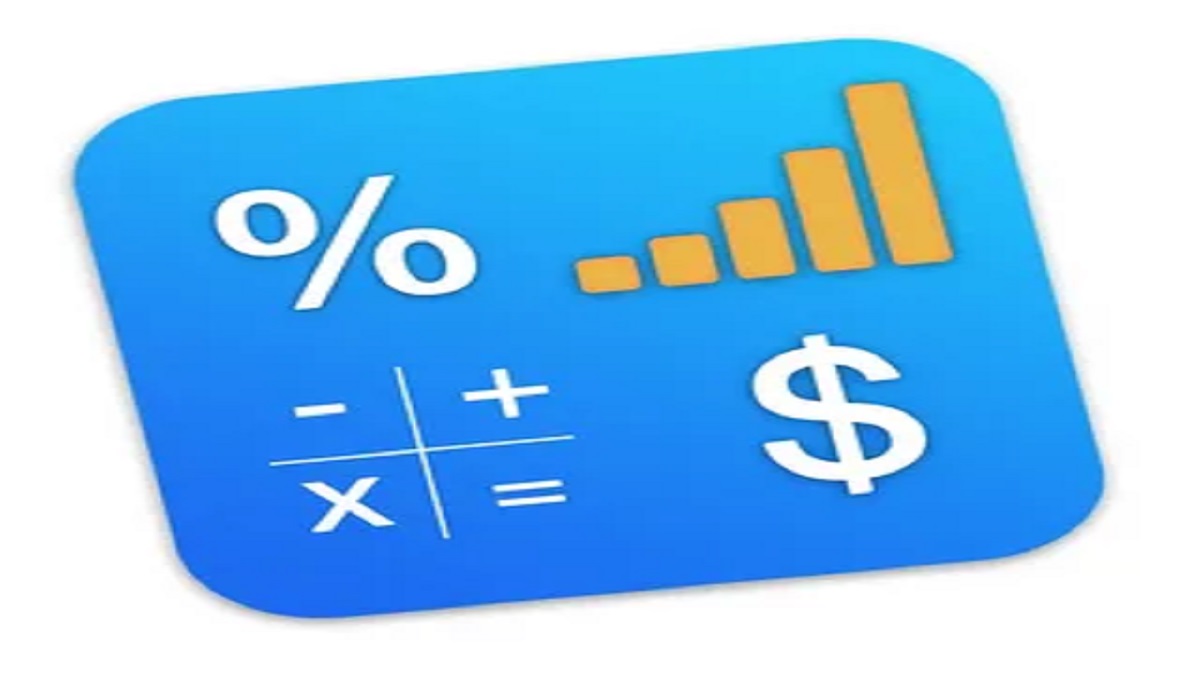
If you’re in the market to buy a home or are considering refinancing your current mortgage, you’ve likely heard of the invaluable tool known as a mortgage calculator. Mortgage calculators are essential instruments for anyone navigating the complex world of home loans. In this article, we’ll delve into the intricacies of mortgage calculators, how they work, and why they are crucial in making informed financial decisions. So, let’s embark on a journey to demystify the world of mortgage calculators and empower you with the knowledge you need to secure the best possible mortgage deal.
1. What is a Mortgage Calculator?
At its core, a mortgage calculator is a financial tool that helps you estimate your monthly mortgage payments based on various factors, such as the loan amount, interest rate, loan term, and down payment. It takes the guesswork out of budgeting for your home purchase or refinancing by providing you with precise figures.
2. How Does a Mortgage Calculator Work?
To use a mortgage calculator effectively, you need to input several key pieces of information:
Loan Amount:
This is the total amount of money you intend to borrow from a lender. It’s typically the purchase price of the home minus your down payment.
Interest Rate:
The interest rate is the annual cost of borrowing money from your lender, expressed as a percentage. It plays a significant role in determining your monthly payments.
Loan Term:
The loan term is the number of years over which you’ll repay the loan. Common loan terms are 15, 20, or 30 years.
Down Payment:
Your down payment is the initial payment you make towards the purchase price of the home. A larger down payment can lower your monthly payments and the overall cost of your mortgage.
Once you’ve input these details into the mortgage calculator, it will calculate your estimated monthly mortgage payment, including principal and interest. Some advanced calculators may also consider property taxes, homeowner’s insurance, and private mortgage insurance (PMI) if applicable.
Click here for Calculate Loan Calculator
3. Benefits of Using a Mortgage Calculator
A. Budgeting and Planning:
One of the primary benefits of using a mortgage calculator is that it helps you create a realistic budget for your new home. By inputting different loan scenarios, you can determine how different factors, such as down payment size or loan term, will impact your monthly expenses.
B. Comparing Loan Options:
Mortgage calculators enable you to compare various loan options offered by different lenders. You can evaluate the difference in monthly payments, total interest paid, and the overall cost of the loan. This empowers you to choose the mortgage that best aligns with your financial goals.
C. Avoiding Surprises:
Without a mortgage calculator, you might be in for surprises when you receive your first mortgage bill. Using the tool allows you to anticipate your financial obligations accurately, reducing the risk of financial stress down the road.
D. Refinancing Analysis:
If you’re considering refinancing your existing mortgage, a mortgage calculator can help you assess whether it’s a financially sound decision. You can compare your current mortgage terms with potential new ones to determine if refinancing will save you money.
4. Types of Mortgage Calculators
Mortgage calculators come in various forms to cater to different needs. Here are a few common types:
A. Basic Mortgage Calculator:
This type of calculator provides essential calculations for your monthly payments based on the loan amount, interest rate, and loan term. It’s a straightforward tool for initial budgeting.
B. Advanced Mortgage Calculator:
Advanced calculators include additional variables, such as property taxes, homeowner’s insurance, and PMI. They offer a more comprehensive view of your potential monthly expenses.
C. Mortgage Amortization Calculator:
An amortization calculator shows you how your monthly payments are distributed between principal and interest over the life of the loan. This helps you understand how your equity in the home grows over time.
D. Refinance Calculator:
Refinance calculators are tailored for homeowners considering refinancing. They analyze your current loan terms and compare them to potential new ones to determine if refinancing is advantageous.
5. Frequently Asked Questions (FAQs)
Q1. Can I trust the estimates provided by mortgage calculators?
A1. Mortgage calculators provide reliable estimates, but keep in mind that they are based on the information you input. Actual loan terms and interest rates may vary slightly, so it’s essential to consult with lenders for precise offers.
Q2. How can I determine the right down payment amount?
A2. Your down payment amount depends on your financial situation and goals. A larger down payment reduces your monthly payments but may tie up more of your savings. Consider your long-term financial plans when deciding on the down payment.
Q3. What factors affect my interest rate?
A3. Several factors influence your interest rate, including your credit score, loan type, loan term, and the current state of the housing market. A higher credit score typically leads to a lower interest rate.
Q4. Is it necessary to consider property taxes and insurance when using a mortgage calculator?
A4. Yes, it’s advisable to include property taxes and insurance in your calculations, as they are recurring expenses associated with homeownership. Ignoring them can lead to an inaccurate estimate of your monthly payments.
Read More blogs on BMR
In the world of home financing, knowledge is power, and a mortgage calculator is your trusty sidekick. It empowers you to make informed decisions about one of the most significant financial commitments of your life. By understanding how mortgage calculators work, their benefits, and the various types available, you can navigate the complex landscape of home loans with confidence. So, whether you’re a first-time homebuyer or a seasoned homeowner, don’t underestimate the utility of the humble mortgage calculator – it’s an indispensable tool that can save you both time and money.

